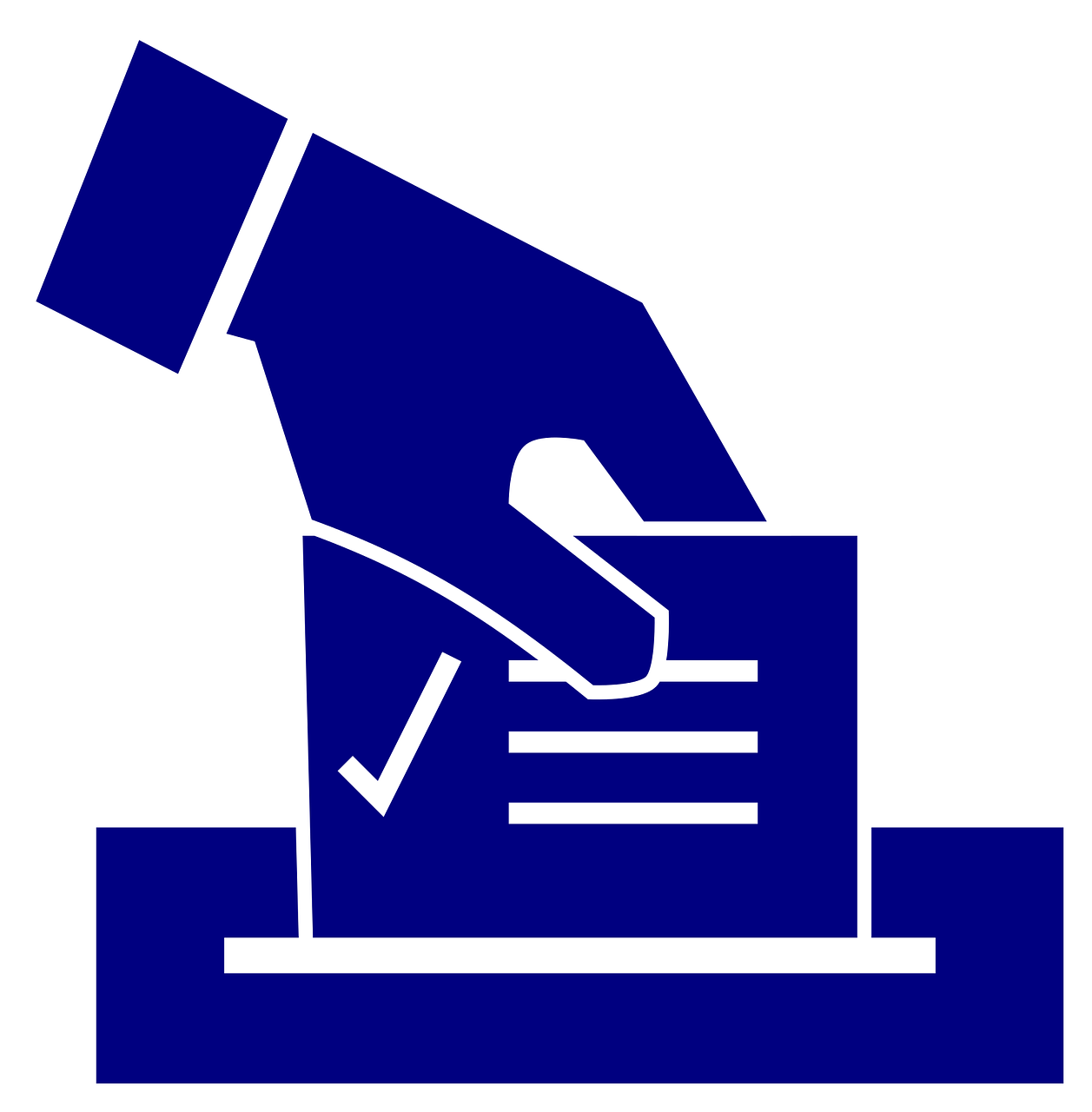With the election season coming in a few weeks, the stress levels among people in the US are rising significantly. While the majority is worried about the election results and outcomes as well as their impact on future policies, most are also concerned regarding the process of voting itself.
Due to the coronavirus pandemic, health experts have noted that many people are avoiding going to the doctor and a hospital out of fear. As a result, they are also delaying fundamental medical procedures which can be dangerous.
In addition, the number of people getting seasonal vaccination for themselves and their children has alos decreased. This can harm not only th people skipping vaccinations but others around them and lead to prevalence of multiple other health conditions.
As a result, hospitals and medical centers may be further burdened due to overflow of patients with flu, coronavirus, cholera, and many other health issues specifically in children.
This is the reason why some people may also make the decision of skipping voting in the upcoming 2020 US presidential elections although these elections, as said by many, as more important than ever before.
Due to being conflicted between the fear of contracting the coronavirus and the importance of the vote, negative mental health outcomes may become even more common and intense.
RELATED: New Procedure Can Treat Type 2 Diabetes Without Insulin
Secondly, a number of other factors may also affect mental health and add to stress during election season such as difference in opinion over political matters. Difference in political views in the same family can lead to serious arguments and fights.
Some people, specifically younger adults, may develop mental conditions like anxiety due to the pressure of voting a certain political candidate. Arguments regarding politics and elections most commonly start during dinner table conversations or family gatherings.
These arguments can either be resolved with acceptance of difference in opinions or result in verbal or physcial violence. Even if no one is physcially hurt, the debates can impact mental health of a person greatly.
Those with existent medical conditions such as heart disease can also suffer from a cardiovascular event as a result. Therefore, experts suggest avoiding dinner time political conversations.
To do so, the topic can be changed to a much more light hearted subject. In addition, while policial arguments are important as they can influence political outcomes in the future, at some points, some topics should only be discussed at certain times.
For instance, if someone with a history of heart-related conditions is present, such discussion should be avoided.
On the other hand, healthy arguments and discussions are encouraged. However, invest in an argument only when it is worth it and if it is with an individual or group which is accepting of different political views.
Do not get involved in discussions that can lead to negative health effects and know when to walk away for good.
To maintain mental health during the election season and keep stress levels low, try to stay away from social media, television, and political discussion and engage in something relaxing such as reading a book or catching up with a friend.


